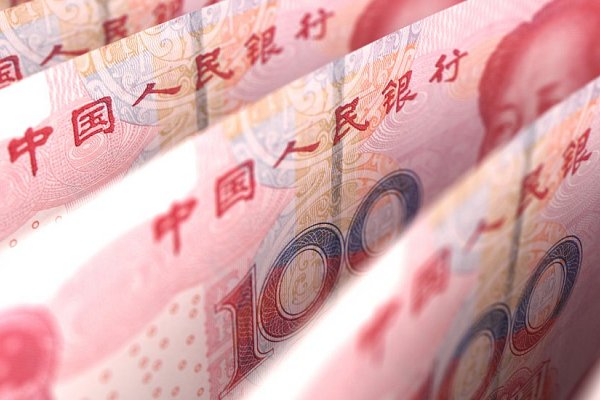Op-Ed: Yuan Internationalization Will Lead to Growth for Bitcoin

On October 1 of this year, the IMF added the Chinese Yuan (CNY) to the Special Drawing Rights basket of currencies. Only Big Boy currencies are included, and now China is part of the club: USD, GBP, JPY, EUR and now CNY make up the basket.
The IMF could not ignore the currency of the world’s second largest economy. In order to be considered, China pledged to speed up the internationalization of the CNY. That meant gradually opening up its capital account, and gradually allowing the market to determine the value of the CNY.
China isn’t one to follow diktats of foreign countries to the letter, but Beijing recognizes that the Yuan’s addition to this symbolic basket is one step further toward legitimizing their economy and the methods by which they manage it.
But will China play ball now that it is in the club? The Yuan has depreciated over 7 percent this year. Everyone agrees that the Yuan will need to weaken. At issue is the pace and eventual magnitude of that weakening.
China is addicted to credit-fueled growth. Beijing recognizes the problem, but credit growth continues. Someone will need to bear the losses. It will either be heavy industry or the household sector. The problem for Beijing is that the heavy industry sector is politically powerful, and more importantly, employs millions of workers. Social unrest will not be tolerated. The number one goal of the CCP is remaining in power. As such, state-owned banks are still directing loans to zombie state-owned industrial companies and the property sector.
China cannot continue to print money and defend the Yuan from massive depreciation at the same time. Companies and individuals are fleeing the coming domestic inflation by exporting their capital abroad. I argue that, in the absence of the IMF SDR review period and inclusion, China would have already depreciated the Yuan much further. If they sliced the Yuan by 30 percent, while at the same time applying to be a global reserve currency, China would have lost face internationally. If you have lived in this part of the world long enough, you know that losing face is to be avoided at all costs.
Those who look to official figures on FX reserves as evidence that capital outflow is waning are being fooled. Chinese companies continue to do massive M&A deals globally. Chinese citizens continue to levitate luxury property markets across the globe. Vancouver recently implemented a 15 percent foreigner property tax to deter the ravenous Chinese.
Now that China has officially joined the club. They are free to monkey-hammer their currency, just like the Fed, ECB, BOJ, and BOE do, and not lose face doing it. Quantitative easing is just a fancy name for money printing. Western central bankers are masters at it, and now China will openly play the game as well.
Traders will be watching the 9:15 am reference rate of the People’s Bank of China (PBOC) closely. The PBOC’s actions in the first week after the inclusion will help frame expectations for future actions. Now that Fed rate hike odds for November and December are rising, we can expect the PBOC to come out with guns blazing. A year end USD-CNY rate of 7.00 is definitely in the cards.
Don’t forget about Europe. One or more banks might meet the reaper in Q4. The PBOC will need to inject more money to mitigate any spillover contagion from China. After all, the Golden Week calm we’re experiencing now is a chimera. Next week the fun begins again.
The trend is clear. CNY down, BTC up. If the PBOC begins Q4 by slicing the Yuan, bitcoin will be jolted from the doldrums. The path to $1,000 will be paved with depreciating Renminbi.
This op-ed is a guest post by Arthur Hayes. The views expressed are his own and do not necessarily represent those of Bitcoin Magazine.
The post Op-Ed: Yuan Internationalization Will Lead to Growth for Bitcoin appeared first on Bitcoin Magazine.


